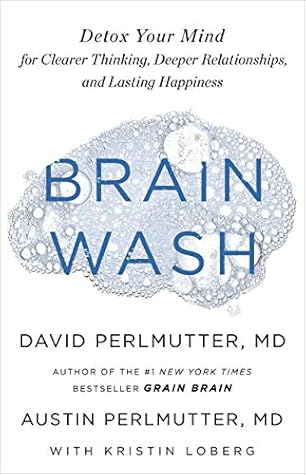More on this book
Kindle Notes & Highlights
Read between
May 10, 2020 - May 8, 2021
The sacred, silent space in our minds reserved for reflection is shrinking. We need to reclaim this real estate for our health, happiness, and mental well-being.
meditation has been shown to lower blood pressure.
large-scale analysis looked at the effect of a practice called Transcendental Meditation on 1,295 people across sixteen studies.11 It, too, found that such a practice led to significant reduction in anxiety, which became even more pronounced in those starting off with high levels of anxiety.
teaching hospital of Harvard Medical School, published one of the first imaging studies to show that meditation is associated with increased thickness of the brain’s cortex.13
meditators tend to not suffer from the age-related brain loss seen in nonmeditators.
Meditation may help preserve brain areas involved in attention, sensory processing, and planning complicated tasks or goals.
meditation may help us to stay focused and present, escaping a mindless, distracted approach to the day.
it helps reprogram our
brains for well-being, empathy, and gratitude. It also acts as a shield against the ongoing efforts to hijack our brains, strengthening our ability to resist.
mindfulness was correlated with a smaller amygdala—
the participants in the study group who were
the most mindful had relatively smaller amygdalas compared to ...
This highlight has been truncated due to consecutive passage length restrictions.
when compared to nonmeditators, meditators care more not only for others but also for society at large and the planet.
the relaxation response was linked to a lower expression of the genes involved in inflammation as well as stress-related pathways.
The Benson Institute scientists theorize that the biological events that take place during meditation essentially prevent the body from translating psychological worry into physical inflammation.
the growth of new brain cells in the memory center—the hippocampus—under conditions of silence.
Manage your digital exposure by remembering the four characteristics of healthful digital activity (see chapter 4 for details): Time restricted Intentional Mindful Enriching
write a letter to yourself to describe the reasons why you want to transform your life, and read it aloud each morning and evening.
When you write out your intentions and articulate them, you’re more likely to maintain the habits that will ultimately help you realize your goals.
Either you control your brain or others will do it for you.


